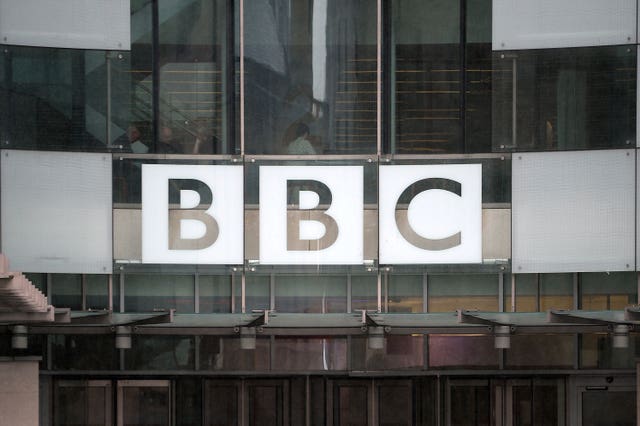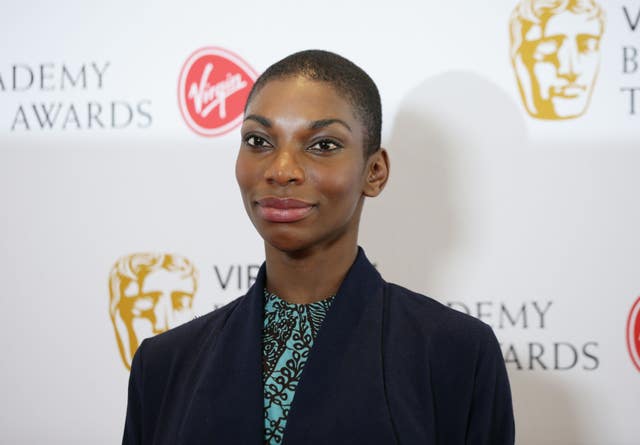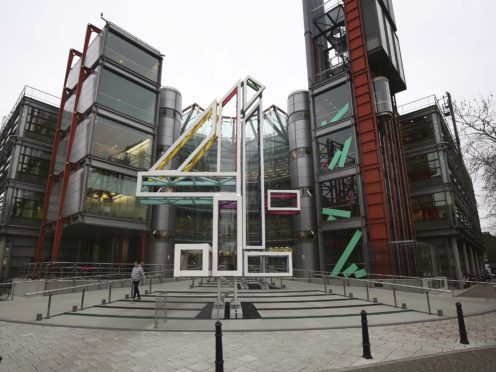It is “embarrassing and quite shocking” that Channel 4 has been named Britain’s poshest broadcaster, its director of programmes has said.
Ian Katz said he had been alarmed that research found just 9% of employees identify as being from a working-class background.
The results, first reported by The Guardian, were presented at the Edinburgh TV Festival by Sam Friedman, an associate professor from the London School of Economics.
Viacom, which owns Channel 5 and MTV, was ranked in second place, followed by the independent TV production sector.
The BBC was the most socially diverse but still recorded 61% of staff as being from the upper social classes.

ITV only provided data for senior managerial roles, so no meaningful comparison could be made.
Speaking to ITV’s political editor Robert Peston at the festival, Katz said: “All of the attention given to try and improve diversity in other areas has not yet been applied to social economic background, but it now must be.”
His comments come just a day after Labour leader Jeremy Corbyn said the social class of everyone who works for the BBC should be made public.
Katz also referenced Michaela Coel’s MacTaggart Lecture from earlier in the week, where she spoke of “misfits” in the context of people who were on the “outside” of the industry.
He said: “For me the kind of real wake-up call in Coel’s lecture was in flagging up the difference between representation and genuine inclusion.”
He added: “Channel 4 does pretty well on representation on screen, pretty well actually in terms of the make-up of our staff.

“What I was hearing in Michaela’s speech, (she was) saying even those of us misfits, to use her word, even those who get into the industry, then do not feel supported, included, comfortable.
“And that is a theme that has come through quite a number of different things.”
Katz also spoke about his desire for Channel 4 to take more risks, saying: “For me, success would look like people really feeling, in their guts, that Channel 4 matters and that they had to be aware of what was on it, that they were talking about it, arguing about it.
“I’ve always said, at the end of every week throughout my career, ‘Did we put waves in the pond this week?’
“Channel 4 has got to put waves in the pond, every week, every month. Risk-taking is a part of it.
“But the way we will do that is by being a stronger flavour all-round… I want there to be a Channel 4 where we run towards danger, where we run towards difficult subjects.”
